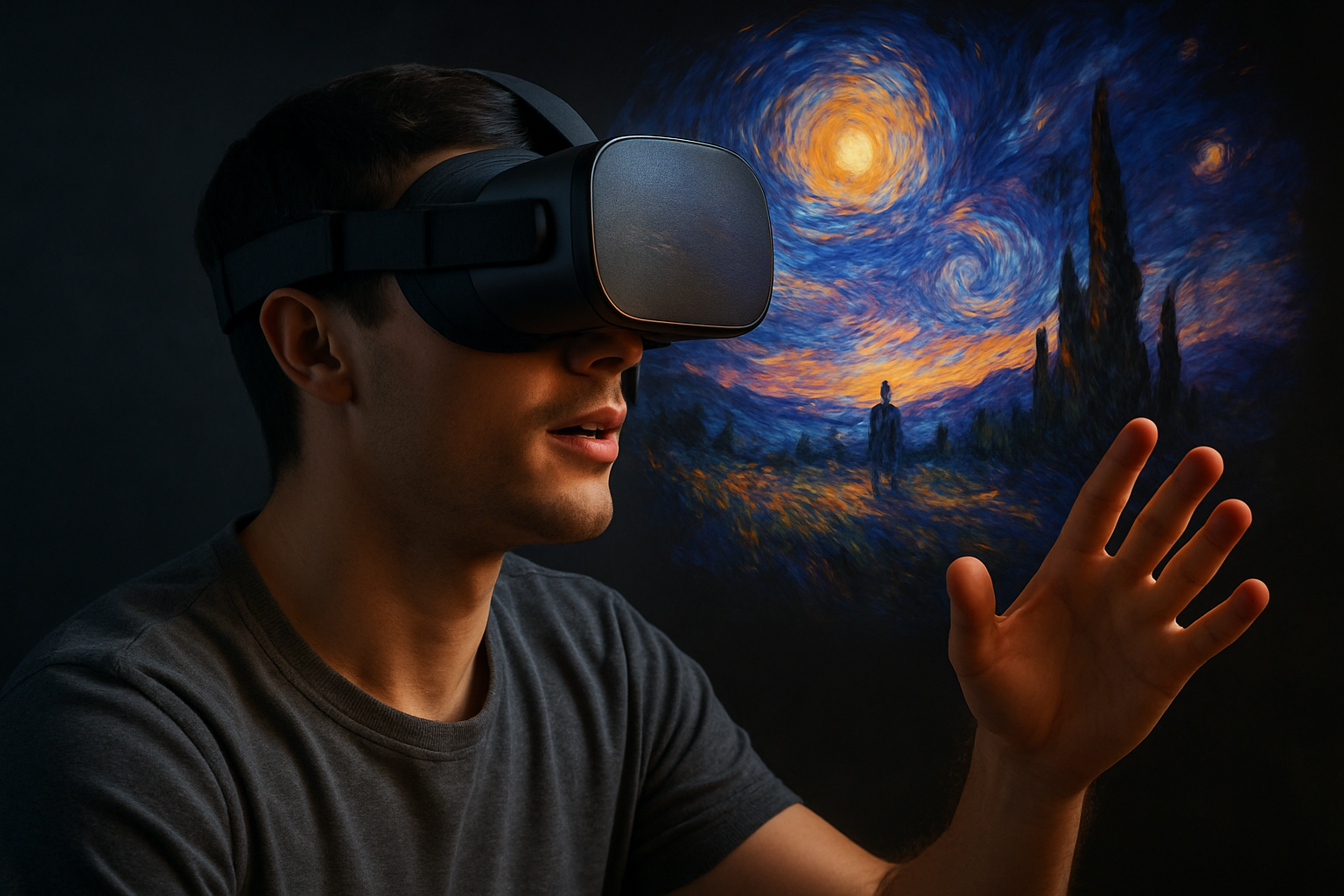Chronobiology: Aligning Your Life with Your Internal Clock
Time isn't just a construct; it's deeply ingrained in our biology. Have you ever wondered why you feel energized at certain hours and sluggish at others? Or why some people are night owls while others are early birds? The answer lies in the fascinating field of chronobiology, a discipline that explores how our internal biological clocks influence our daily rhythms and overall health.

The Science Behind Our Body Clocks
At the heart of chronobiology lies the concept of circadian rhythms—internal cycles that regulate various physiological processes over a roughly 24-hour period. These rhythms are governed by a master clock in our brain, specifically in the suprachiasmatic nucleus of the hypothalamus. This tiny region, composed of about 20,000 neurons, orchestrates a complex symphony of biological processes throughout our body.
The discovery of circadian rhythms dates back to 1729 when French astronomer Jean-Jacques d’Ortous de Mairan observed that mimosa plants opened and closed their leaves at regular intervals, even when kept in constant darkness. This groundbreaking observation laid the foundation for centuries of research into biological timekeeping.
In recent decades, scientific advancements have revealed the molecular mechanisms behind these rhythms. In 2017, the Nobel Prize in Physiology or Medicine was awarded to three scientists for their discoveries of molecular mechanisms controlling circadian rhythms. Their work identified key genes and proteins that create a feedback loop, regulating the timing of cellular activities.
Chronotypes: Understanding Your Personal Rhythm
Not all internal clocks tick to the same beat. Chronotypes refer to an individual’s natural inclination towards specific sleep-wake cycles. While most people fall somewhere in the middle, some lean towards being morning larks or night owls.
Understanding your chronotype can be transformative. It can help you optimize your daily schedule, improving productivity and overall well-being. For instance, if you’re a night owl, you might find that your creative peak occurs in the evening hours, while morning larks may experience their most productive periods shortly after waking.
Research has shown that working against your natural chronotype can lead to a phenomenon known as social jetlag, which can have negative impacts on health and cognitive function. By aligning your daily activities with your chronotype, you can potentially enhance your performance and reduce stress.
Chronomedicine: Timing Medical Treatments for Optimal Effect
One of the most exciting applications of chronobiology is in the field of medicine. Chronomedicine explores how the timing of medical treatments can significantly impact their effectiveness and side effects.
For example, studies have shown that the effectiveness of certain cancer treatments can vary depending on the time of day they’re administered. The body’s natural rhythms affect drug metabolism, making some medications more potent or less likely to cause side effects when taken at specific times.
Similarly, research has indicated that the timing of vaccinations can influence their efficacy. A study published in the journal Vaccine found that administering flu shots in the morning resulted in a stronger antibody response compared to afternoon vaccinations.
As our understanding of chronobiology deepens, it opens up new possibilities for personalized medicine. In the future, treatments could be tailored not just to an individual’s genetic makeup, but also to their unique biological rhythms.
Chronodieting: Eating in Sync with Your Body Clock
The concept of chronobiology extends to our eating habits as well. Chronodieting, or timing our meals to align with our circadian rhythms, is gaining attention as a potential strategy for improving metabolic health and weight management.
Research suggests that our bodies are primed to process food more efficiently during daylight hours. A study published in the journal Cell Metabolism found that mice who were restricted to eating within a 10-hour window, even while consuming a high-fat diet, were protected against obesity and metabolic diseases compared to mice who ate the same number of calories spread out over a longer period.
In humans, early studies have shown promising results. A 2018 pilot study published in the Journal of Nutritional Science found that participants who delayed their breakfast by 90 minutes and had their dinner 90 minutes earlier lost more than twice as much body fat as those who ate meals at their usual times.
While more research is needed to fully understand the implications of chronodieting for human health, these findings suggest that when we eat may be just as important as what we eat.
Practical Applications of Chronobiology in Daily Life
Understanding and applying chronobiological principles can lead to significant improvements in various aspects of our lives. Here are some practical ways to harness the power of your internal clock:
-
Maintain consistent sleep-wake cycles, even on weekends
-
Expose yourself to natural light in the morning to help regulate your circadian rhythm
-
Avoid blue light from screens in the evening hours
-
Schedule important tasks or meetings during your peak alertness hours
-
Consider timing your meals within a 10-12 hour window
-
If possible, align your work schedule with your natural chronotype
Fascinating Chronobiology Facts
-
Our body temperature fluctuates throughout the day, peaking in the late afternoon and reaching its lowest point in the early morning
-
The risk of heart attacks is highest in the morning, possibly due to the surge in stress hormones upon waking
-
Athletic performance tends to peak in the late afternoon when body temperature is at its highest
-
Wound healing happens about 60% faster during the day compared to night
-
The liver has its own circadian clock, which influences how it processes medications and nutrients
As we continue to unravel the mysteries of our internal clocks, the potential for improving our health and well-being through chronobiology becomes increasingly evident. By aligning our lifestyles with our natural rhythms, we can optimize our physical and mental performance, potentially reducing the risk of various health issues. The future of health and wellness may well lie in understanding and respecting the ticking of our internal clocks.






